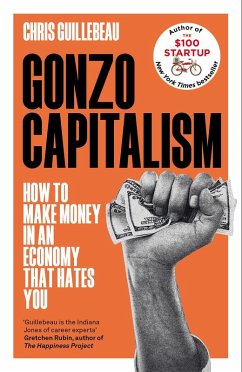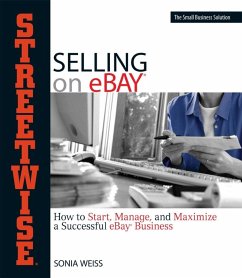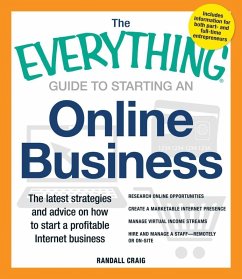
Tourism and Travel during the Cold War (eBook, ePUB)
Negotiating Tourist Experiences across the Iron Curtain
Redaktion: Bechmann Pedersen, Sune; Noack, Christian
Versandkostenfrei!
Sofort per Download lieferbar
41,95 €
inkl. MwSt.
Weitere Ausgaben:

PAYBACK Punkte
21 °P sammeln!
The Iron Curtain was not an impenetrable divide, and contacts between East and West took place regularly and on various levels throughout the Cold War. This book explores how the European tourist industry transcended the ideological fault lines and the communist states attracted an ever-increasing number of Western tourists. Based on extensive original research, it examines the ramifications of tourism, from sun-and-sea package tours to human rights travels, in key Eastern European locations including East Berlin, the Soviet Union, Yugoslavia, and Albania. The book's analysis of the politics, ...
The Iron Curtain was not an impenetrable divide, and contacts between East and West took place regularly and on various levels throughout the Cold War. This book explores how the European tourist industry transcended the ideological fault lines and the communist states attracted an ever-increasing number of Western tourists. Based on extensive original research, it examines the ramifications of tourism, from sun-and-sea package tours to human rights travels, in key Eastern European locations including East Berlin, the Soviet Union, Yugoslavia, and Albania. The book's analysis of the politics, culture, and history of tourism to the East offers important new perspectives on European tourism in the twentieth century.
The Introduction of this book is freely available as a downloadable Open Access PDF at http://www.taylorfrancis.com under a Creative Commons Attribution-Non Commercial-No Derivatives (CC-BY-NC-ND) 4.0 license.
The Introduction of this book is freely available as a downloadable Open Access PDF at http://www.taylorfrancis.com under a Creative Commons Attribution-Non Commercial-No Derivatives (CC-BY-NC-ND) 4.0 license.
Dieser Download kann aus rechtlichen Gründen nur mit Rechnungsadresse in A, B, BG, CY, CZ, D, DK, EW, E, FIN, F, GR, HR, H, IRL, I, LT, L, LR, M, NL, PL, P, R, S, SLO, SK ausgeliefert werden.













